Description
Take a journey through humanity’s quest to explore the cosmos in this course on the history of space exploration. From the early rockets and the Space Race to the Apollo moon landings and the Mars rover missions, you’ll learn about major milestones and the people behind them. The course covers the evolution of space technology, the role of international space agencies, and the challenges faced in exploring space. You’ll also examine future exploration goals, including Mars colonization and deep-space missions. This course provides a comprehensive view of our journey into space, celebrating the achievements, lessons, and future potential of human space exploration.
What you'll learn
What You Will Learn:
By the end of the course, you will:
- Understand the milestones of space exploration, from the first rocket launches to current interplanetary missions.
- Learn about the key figures in space exploration history, including scientists, engineers, and astronauts.
- Explore the early theories of space and astronomy, from ancient civilizations to the Space Age.
- Examine the geopolitical context of space exploration, including the Cold War and the space race.
- Analyze major space missions: From the Apollo Moon landings to the Mars rovers and space telescopes like Hubble and JWST.
- Appreciate the evolution of space technology, including the development of launch vehicles, spacecraft, and space stations.
- Understand the role of space exploration in shaping our scientific knowledge and inspiring future missions, including plans for Mars, the Moon, and beyond.
Syllabus
Course Syllabus:
Week 1: The Dawn of Space Exploration: Ancient Ideas to Rocketry
- Early Theories of Space: Ancient Greek and early Renaissance ideas about the cosmos and the universe.
- Pre-Rocketry: Concepts of flight and space in early human history (Leonardo da Vinci, Konstantin Tsiolkovsky).
- The Birth of Modern Rocketry: Theories and early developments in rocket science by pioneers like Tsiolkovsky, Robert Goddard, and Hermann Oberth.
- The First Rockets: The development and launch of the first liquid-fueled rockets in the 1920s and 1930s.
Week 2: The Space Race and Cold War Rivalry
- The Cold War and Geopolitics: How the Cold War fueled competition in space between the U.S. and the Soviet Union.
- Sputnik and the Start of the Space Age: The launch of the first artificial satellite, Sputnik 1, in 1957, and its implications.
- The First Human in Space: Yuri Gagarin: The Soviet Union’s successful launch of Yuri Gagarin aboard Vostok 1 in 1961.
- The Apollo Program: The U.S. response to Soviet successes, including President Kennedy’s “Moon speech” and the Apollo missions.
- The Moon Race: The historic Apollo 11 landing in 1969 and Neil Armstrong’s first steps on the lunar surface.
Week 3: The Apollo Program and the Moon Landings
- The Apollo Missions: Key missions from Apollo 1 to Apollo 17 and their contributions to space exploration.
- The Apollo 11 Moon Landing: The mission, the technology, and the significance of the first human landing on the Moon.
- Lessons from Apollo: How the Apollo program advanced space technology and inspired global interest in space.
- Post-Apollo Era: The end of the Apollo program, the future of human space exploration, and the shift toward robotic missions.
Week 4: The Space Shuttle Era
- The Space Shuttle Program: The development of reusable spacecraft and the first launch of the Space Shuttle Columbia in 1981.
- Shuttle Missions: Contributions of the Space Shuttle to science, including satellite launches, the Hubble Space Telescope deployment, and the construction of the International Space Station (ISS).
- The Challenger and Columbia Disasters: The impact of these tragic events on the shuttle program and the future of space exploration.
- The End of the Shuttle Era: NASA’s transition to the International Space Station and new spacecraft designs like the Orion spacecraft.
Week 5: Space Stations and Long-Term Human Presence in Space
- The International Space Station (ISS): Collaboration between space agencies, the history of the ISS, and its role in scientific research.
- Mir and Skylab: Early space stations that paved the way for the ISS.
- Living in Space: How astronauts adapt to life in microgravity and conduct long-duration missions.
- The Future of Space Habitation: Upcoming space station plans, including lunar habitats, commercial space stations, and Mars mission preparation.
Week 6: Robotic Exploration: Mars, the Outer Planets, and Beyond
- Mars Exploration: The early missions (Mariner, Viking), the Pathfinder mission, and the rover missions (Spirit, Opportunity, Curiosity, Perseverance).
- Outer Planet Exploration: Voyager 1 and 2, the study of Jupiter, Saturn, Uranus, Neptune, and the interstellar mission of Voyager 1.
- New Horizons and Pluto: The historic flyby of Pluto and its moons in 2015 by NASA’s New Horizons.
- The Role of Space Telescopes: The Hubble Space Telescope and the James Webb Space Telescope – the revolution in understanding the cosmos.
Week 7: The Modern Space Era and Private Sector Involvement
- The Rise of Private Space Companies: SpaceX, Blue Origin, and others that are reshaping space exploration with reusable rockets and ambitious missions.
- Space Tourism: The development of commercial space travel, from suborbital flights to orbital tourism.
- The Artemis Program: NASA’s new mission to return humans to the Moon and establish a sustainable presence by the 2030s.
- Mars Exploration: Ongoing and upcoming missions to Mars (rovers, landers, and the possibility of human missions to Mars).
Week 8: The Future of Space Exploration
- Exploring the Moon and Mars: Upcoming missions and plans for lunar bases, lunar resource extraction, and Mars colonization.
- Astrobiology and the Search for Life: How space exploration helps answer fundamental questions about life in the universe.
- Space and Society: The impact of space exploration on society, technology, and international collaboration.
- The Next 50 Years in Space: What the future holds for space exploration, the quest for other habitable planets, and humanity’s place in the cosmos.

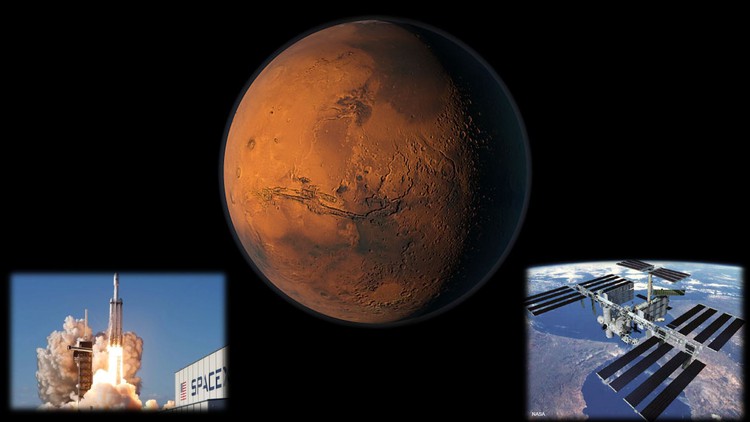
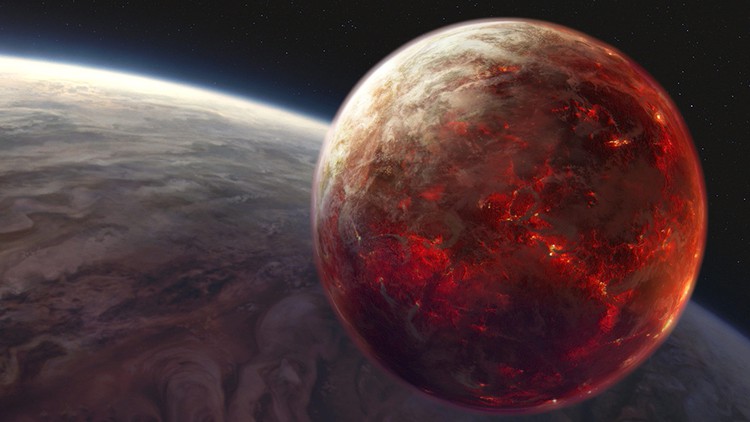
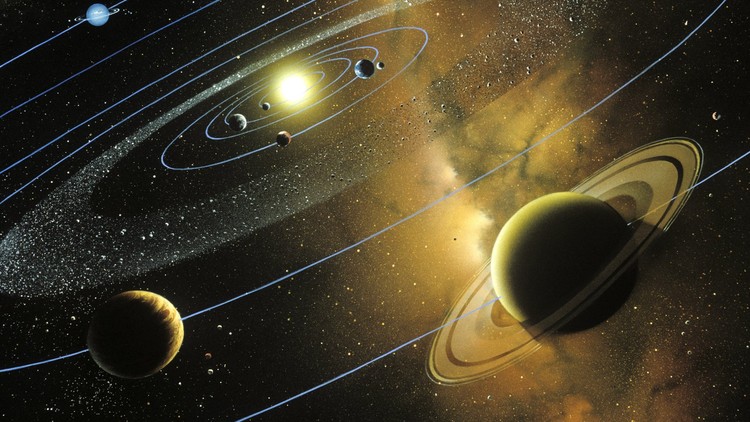
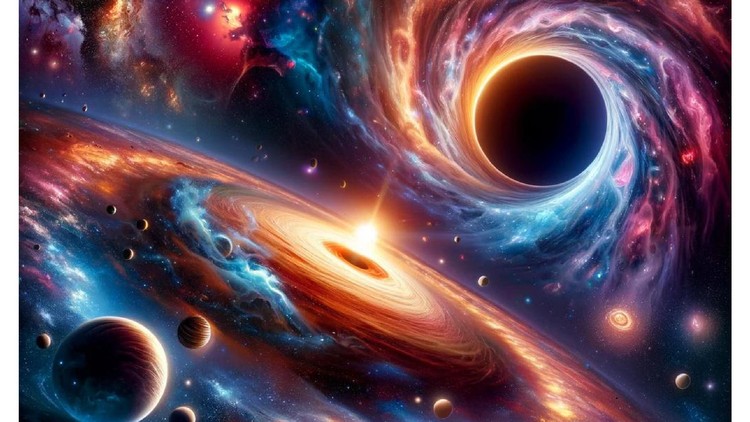
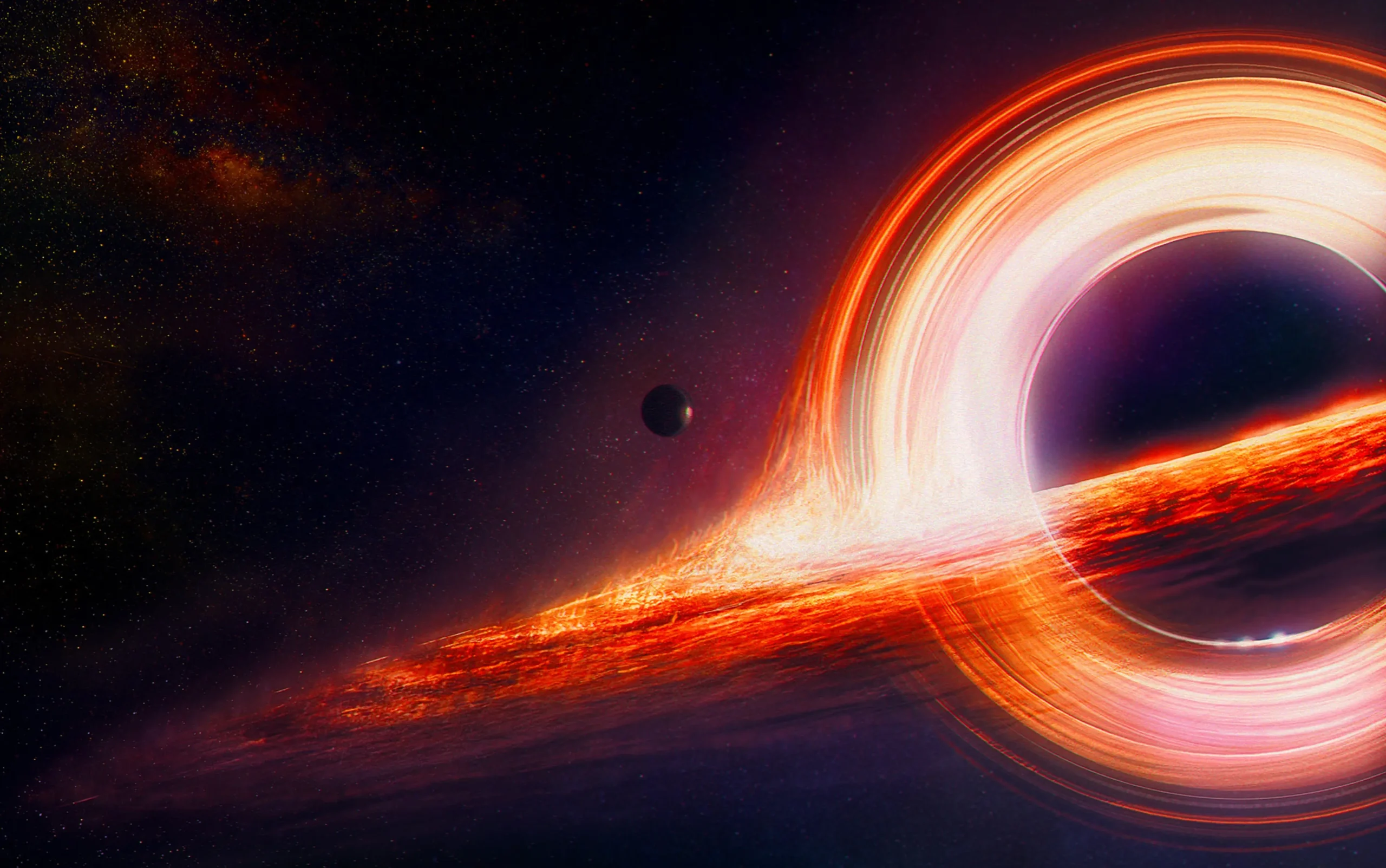
Suwaiba –
“The ‘History of Space Exploration’ course was an absolute gem. I was captivated from the first lecture to the last, as the expert instructors guided me through the fascinating journey of humanity’s quest to reach beyond Earth’s atmosphere. The course content was comprehensive, well-researched, and presented in a clear and engaging manner. I gained a deep understanding not only of the technological advancements that made space exploration possible but also the human stories and motivations that drove this extraordinary endeavor. Highly recommended for anyone curious about the history and future of space exploration.”
Chukwuebuka –
“This course was an illuminating journey through the captivating history of space exploration. The engaging lectures delved into the pioneering missions, scientific discoveries, and technological advancements that shaped our understanding of the cosmos. The course provided an immersive experience that ignited my curiosity and broadened my knowledge, leaving me with a profound appreciation for the indomitable spirit and unwavering pursuit of scientific progress that has propelled humanity to the stars.”
Kasimu –
“I highly recommend this ‘History of Space Exploration’ online course. The content is comprehensive and engaging, delving into the gripping stories and scientific advancements that have shaped our understanding of the cosmos. The course structure is meticulously organized, making it easy to navigate and absorb the wealth of information provided. The instructor’s expertise shines through in their clear and captivating delivery, captivating my attention from beginning to end. I gained an invaluable understanding of the history of space exploration and its profound impact on our collective human experience.”
Ifeanyi –
“This ‘History of Space Exploration’ course is an absolute gem! Not only did it provide a comprehensive timeline of humanity’s journey into the cosmos, but it also delved into the fascinating technological breakthroughs and scientific discoveries that fueled this extraordinary adventure. The engaging storytelling, combined with rare historical footage and interviews, transported me to the very heart of this awe-inspiring chapter in human history. I highly recommend this course to anyone with a passion for space, our origins, and the boundless capabilities of the human spirit.”
Tobi –
“This course was an illuminating journey into the captivating history of space exploration. The expert instructors presented the material with remarkable clarity and passion, transforming complex concepts into accessible and engaging narratives. Each module brought to life the triumphs and challenges of mankind’s quest to conquer the stars, inspiring me with awe and wonder. The interactive simulations and captivating documentaries complemented the lessons flawlessly, providing an immersive and unforgettable learning experience.”